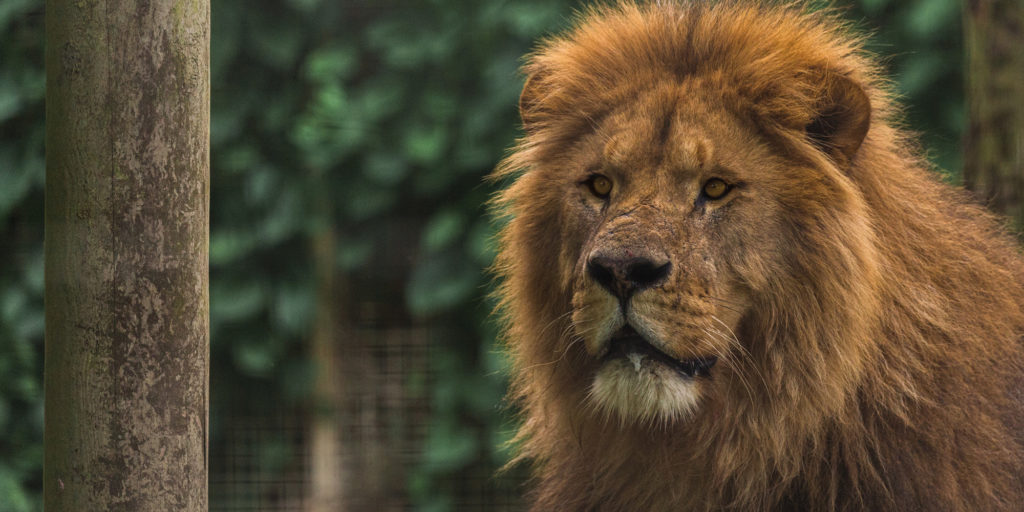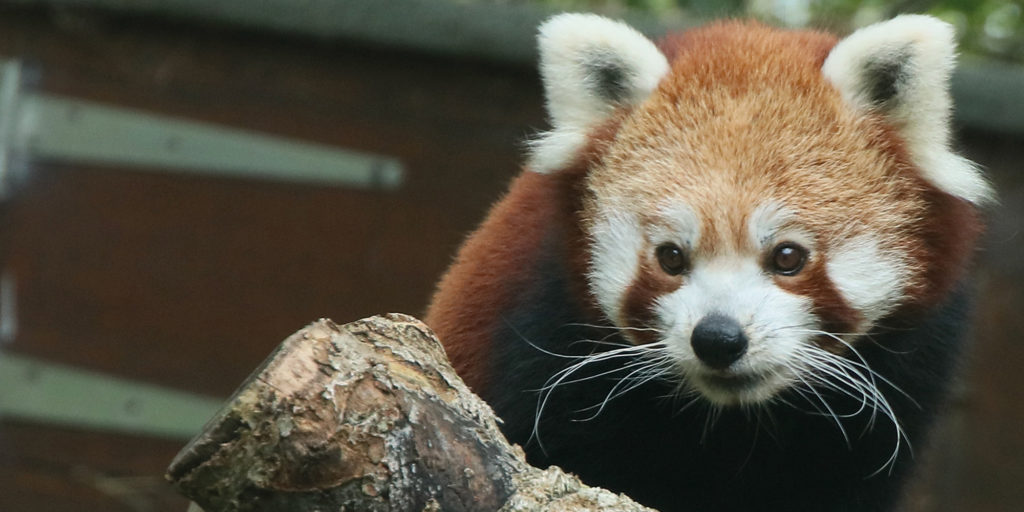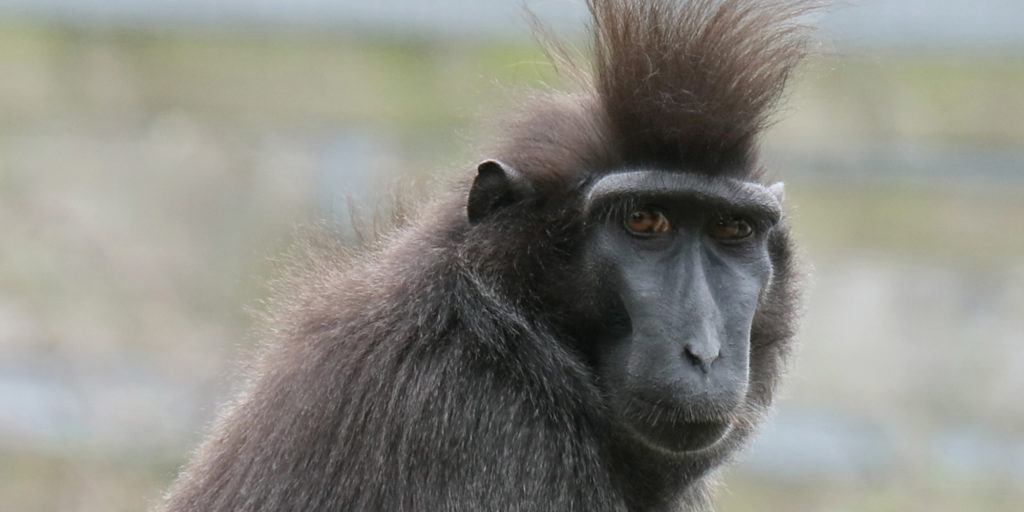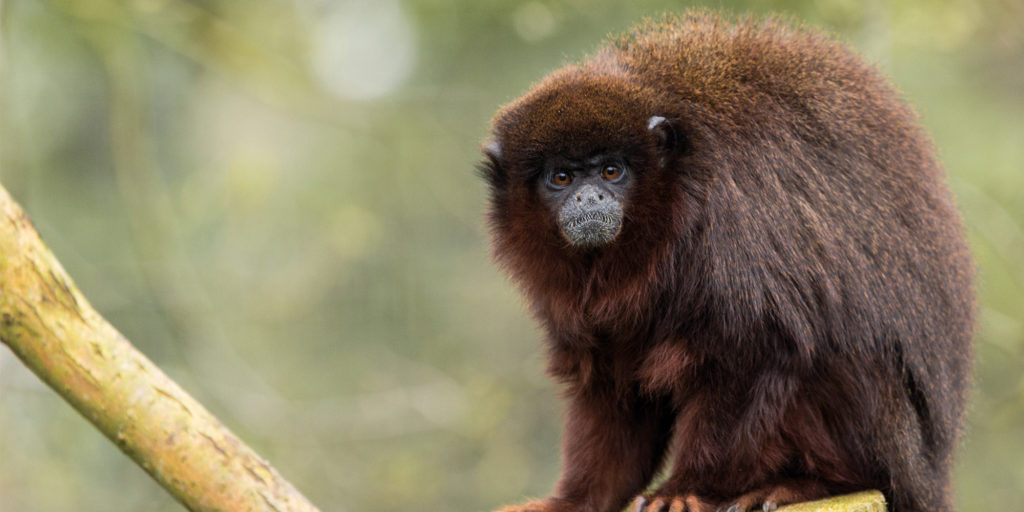

All creatures great and small
Newquay Zoo is Cornwall’s largest wildlife attraction, but did you know that it’s also a conservation charity working on projects around the world?
Newquay Zoo is part of Wild Planet Trust, which also includes Paignton Zoo and Living Coasts at Torquay. Its conservation projects are split into five key areas: Wild Coasts includes work at Slapton Ley (a freshwater coastal lake), seagrass in Tor Bay, and marine plastics. Wild Forests features projects in Indonesia and Nigeria, as well as campaigning for sustainable palm oil. Wild Hills covers work in Tanzania and Zimbabwe, while Wild Futures includes programmes to save the Owston’s civet and the Critically Endangered Vietnamese pheasant. Wild at Home is the title for the Trust’s work in the UK, covering things like nature reserves and inspiring local people to encourage local wildlife.
“there’s a lot that needs to be done, from opposing habitat loss and challenging hunting for bush-meat…”
Two of the main projects in which Newquay Zoo is involved are based in Indonesia and Vietnam. Selamatkan Yaki (‘Save the Sulawesi crested black macaque’ in Indonesian) is based on the island of Sulawesi, and champions the conservation of the Sulawesi crested black macaque – a truly charismatic primate. This is a busy, sociable monkey – as you can see by observing the troops at both Newquay Zoo and Paignton Zoo. The project team is also busy; there’s a lot that needs to be done, from opposing habitat loss and challenging hunting for bush-meat, to tackling wildlife trafficking and helping local people develop sustainable livelihoods.
Another project that Newquay Zoo works closely with is ‘Save Vietnam’s Wildlife’, a conservation partner that aims to raise awareness of the endangered civets and the threats they face from the people who share its habitat. In 2019, Newquay Zoo successfully bred a civet, which was great news; before then, no babies had been raised in zoos since 2016. In fact, there are only 25 recorded in captivity, and six of these are at Newquay Zoo. No one really knows how many there are left in the wild, but it’s safe to say there aren’t enough, which is why Newquay Zoo is leading international efforts to save this lovely south east Asian mammal – by trialling new management techniques, new husbandry methods and new diets to encourage breeding.
Newquay Zoo is a registered charity that relies on fundraising and guests in order to look after animals and carry out vital conservation work. To find out more, visit the website and social media, or better still, pencil a visit in your diary and release your inner animal!
Newquay Zoo
01637 873342
"there’s a lot that needs to be done, from opposing habitat loss and challenging hunting for bush-meat..."






